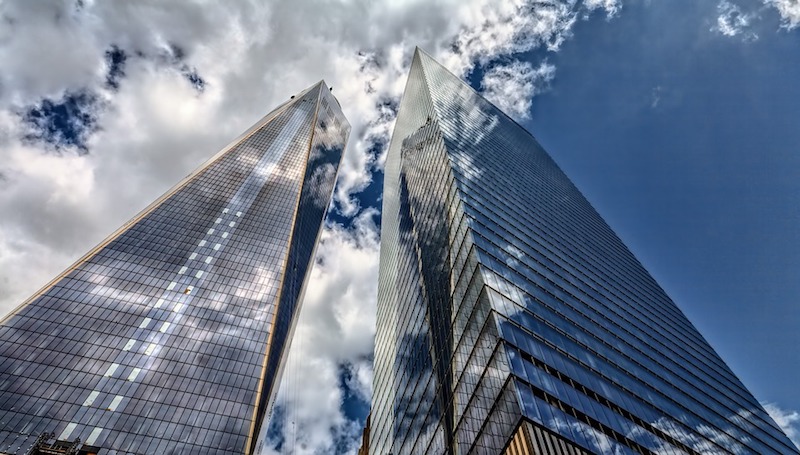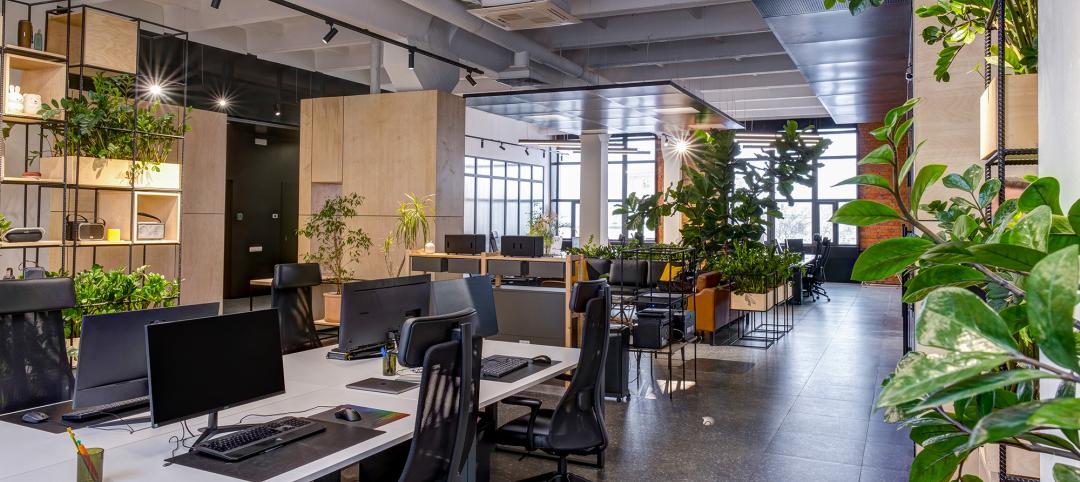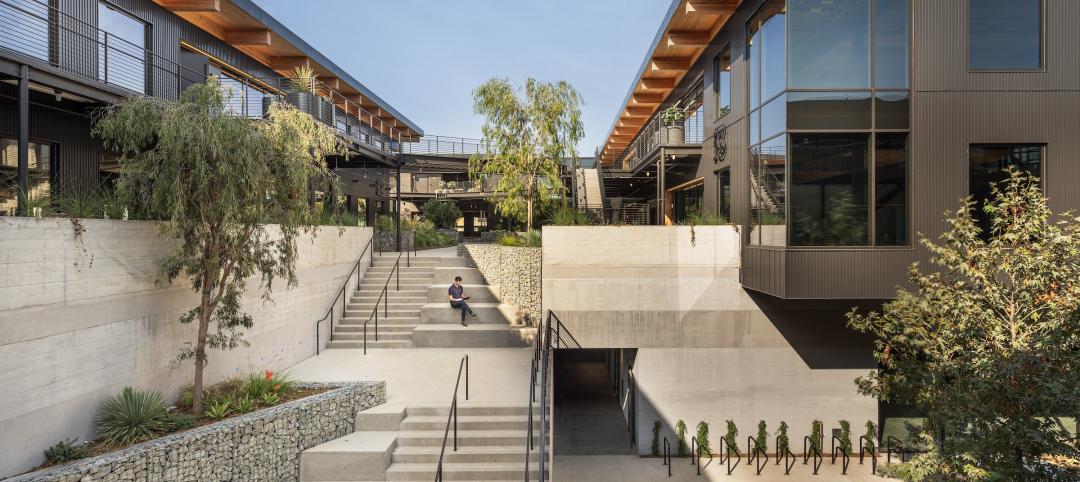Office workers value flexible working options more than any other employment benefit, but there are crucial differences between what men and women want from their employer according to new research released from Ambius, experts in interior landscaping.
A survey of 1,000 office workers in the US and UK found that men value health insurance above any other work perk, whereas women would prefer more flexibility in their office job, such as options for remote working or adaptable hours.
Health insurance is four times more important to US office workers (41%) than office workers in the UK (11%), where health care is often taken for granted by many employees due to the existence of the UK’s National Health Service (NHS).
US office workers in southeastern states (51%) value health care more than workers anywhere else in the country, whereas midwestern workers (23%) value vacation leave significantly more than workers on the west coast (9%).
One thing office workers agree on is the importance of office environment to their overall job satisfaction, with 90% of employees saying that the layout and design features of their office is a major factor in whether they are happy at work.
Half of office workers (50%) say they would not accept a job offer without looking at the workspace. Men appear to be a little more interested in their workspace than women, with 40% of men saying they have declined a job offer because they didn’t find the office space attractive or appealing compared to 34% of women.
Play areas are twice as important to men (9%) than women (4%), while people who work in accounting, banking and finance are twice as likely (22%) to crave bright colors than health care workers (10%) or people in public services and administration (9%).
Energy and utility workers say they value hot drinks and complimentary beverages more than any other benefit, including health care and vacation leave.
Office workers spend less time outdoors than prisoners
Within this research, Ambius revealed that that office workers spend just 47 minutes outside during a typical working day, which is less than prisoners, who require at least one hour of outdoor exposure each day, according to UN guidelines.
One-in-three office workers (35%) spend no more than 15 minutes outside during their working day, while only 26% say they spend more than an hour outside each day, excluding time spent commuting.
It is, therefore, not surprising that most office workers (64%) say that natural lighting is a highly-important office feature. However, despite this lack of outdoor exposure, only 18% of office workers believe that outside areas are important to their job satisfaction.
Ambius encourages companies who are prioritizing talent recruitment and retention to explore workplace design improvements that facilitate better health and well-being.
Related Stories
Office Buildings | Oct 29, 2024
Editorial call for Office Building project case studies
BD+C editors are looking to feature a roundup of office building projects for 2024, including office-to-residential conversions. Deadline for submission: December 6, 2024.
Office Buildings | Oct 21, 2024
3 surprises impacting the return to the office
This blog series exploring Gensler's Workplace Survey shows the top three surprises uncovered in the return to the office.
Sustainable Design and Construction | Oct 10, 2024
Northglenn, a Denver suburb, opens a net zero, all-electric city hall with a mass timber structure
Northglenn, Colo., a Denver suburb, has opened the new Northglenn City Hall—a net zero, fully electric building with a mass timber structure. The 32,600-sf, $33.7 million building houses 60 city staffers. Designed by Anderson Mason Dale Architects, Northglenn City Hall is set to become the first municipal building in Colorado, and one of the first in the country, to achieve the Core certification: a green building rating system overseen by the International Living Future Institute.
MFPRO+ News | Oct 9, 2024
San Francisco unveils guidelines to streamline office-to-residential conversions
The San Francisco Department of Building Inspection announced a series of new building code guidelines clarifying adaptive reuse code provisions and exceptions for converting office-to-residential buildings. Developed in response to the Commercial to Residential Adaptive Reuse program established in July 2023, the guidelines aim to increase the viability of converting underutilized office buildings into housing by reducing regulatory barriers in specific zoning districts downtown.
The Changing Built Environment | Sep 23, 2024
Half-century real estate data shows top cities for multifamily housing, self-storage, and more
Research platform StorageCafe has conducted an analysis of U.S. real estate activity from 1980 to 2023, focusing on six major sectors: single-family, multifamily, industrial, office, retail, and self-storage.
Government Buildings | Sep 17, 2024
OSHA’s proposed heat standard published in Federal Register
The Occupational Safety and Health Administration (OSHA) has published a proposed standard addressing heat illness in outdoor and indoor settings in the Federal Register. The proposed rule would require employers to evaluate workplaces and implement controls to mitigate exposure to heat through engineering and administrative controls, training, effective communication, and other measures.
Mass Timber | Sep 17, 2024
Marina del Rey mixed-use development is L.A.’s largest mass timber project
An office-retail project in Marina del Rey is Los Angeles’ largest mass timber project to date. Encompassing about 3 acres, the 42XX campus consists of three low-rise buildings that seamlessly connect with exterior walkways and stairways. The development provides 151,000 sf of office space and 1,500 sf of retail space.
Office Buildings | Sep 16, 2024
Maximizing office square footage through ‘agile planning’
Lauren Elliott, RID, NCIDQ, Director of Interior Design, Design Collaborative, shares tips for a designing with a popular and flexible workspace model: Agile planning.
Adaptive Reuse | Sep 12, 2024
White paper on office-to-residential conversions released by IAPMO
IAPMO has published a new white paper titled “Adaptive Reuse: Converting Offices to Multi-Residential Family,” a comprehensive analysis of addressing housing shortages through the conversion of office spaces into residential units.
Office Buildings | Sep 6, 2024
Fact sheet outlines benefits, challenges of thermal energy storage for commercial buildings
A U.S. Dept. of Energy document discusses the benefits and challenges of thermal energy storage for commercial buildings. The document explains how the various types of thermal energy storage technologies work, where their installation is most beneficial, and some practical considerations around installations.

















